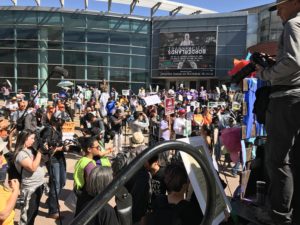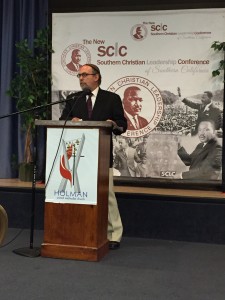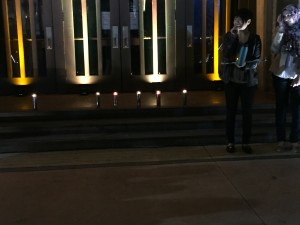Purim is hard. The way we usually deal with that is by making it into a children’s holiday and then a frat party for the adults. That way we don’t have to deal with the Purim story and its implications.
If we don’t want to go the children’s party/frat party route there are two adult choices.
On the one hand, the Purim story itself is a dark tale of dubious redemption. As the story ends, Mordecai and Esther have gained the upper hand and slaughtered all their enemies. However, they have only done this at the pleasure of the manipulative and manipulated King Aheuserus. While at the beginning of the story the king gave his ring to Haman with permission to wipe out the Jews, the story ends with the king giving the ring to Mordecai and Esther with permission to wipe out those who might harm the Jews. The rub is that the ring still belongs to the king. It is obvious that sometime in the not too distant future, a new Haman will arise who will seek to destroy the Jews and the king will give him the ring.
The rabbis of the Talmud characterized the Purim story as happening just after the Jews were supposed to be redeemed. Purim is the reckoning with the lack of redemption. For this reason the fourth century Babylonian Rabbi Rava says that one of the obligations of Purim is to get drunk to the point of being unable to distinguish between Mordechai and Haman. In the long arc of history there is no difference as long as Ahaseurus is in charge. We all dance to the same fiddler. We are all caught up in the same system of oppression.
Continue reading


 This is what I said:
This is what I said: